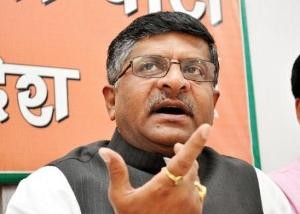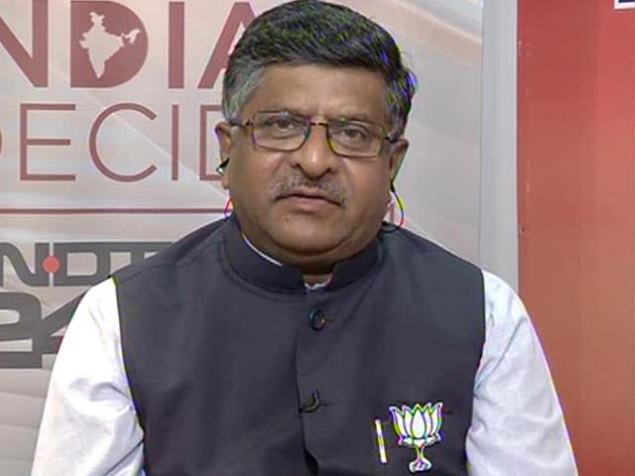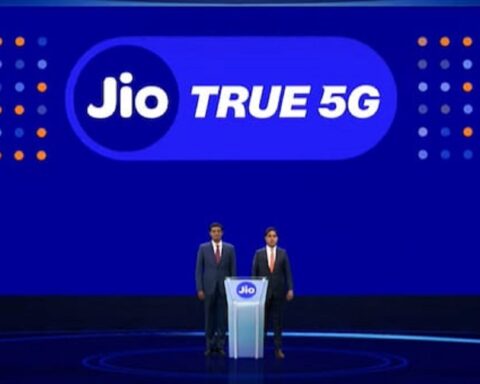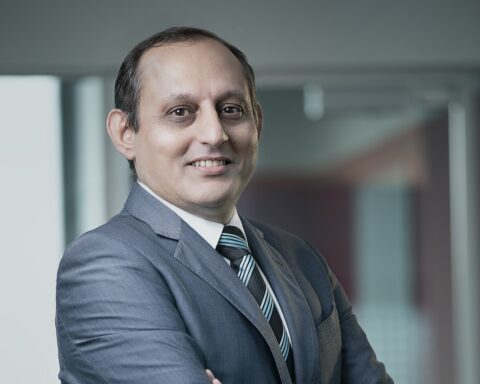 Telecom minister Ravi Shankar Prasad reiterated his support for net neutrality, saying the government would be taking the final decision on the matter.
Telecom minister Ravi Shankar Prasad reiterated his support for net neutrality, saying the government would be taking the final decision on the matter.
“As far as the government is concerned, we have made our views very clear, we stand for ensuring non-discriminatory access to internet for all citizens of the country,” Prasad told ET in an interview. He added that the implementation of net neutrality may also be made a part of the licence conditions. The concept of net neutrality guarantees consumers equal and non-discriminatory access to all data, apps and services on the internet.
“Hypothetically speaking, we could explore various ways to implement net neutrality such as introducing clauses in the licensing conditions and so on,” Prasad said. A final decision will be taken once the government deliberates on the respective reports prepared by an internal committee of the telecom department as well as one by the telecom regulator.
Prasad however made it clear that while the government was open to the recommendations of the Telecom Regulatory Authority of India (Trai), it will not implement any policy that it feels throttles or obstructs neutrality of net.
Both the telecom regulator as well as an internal committee of the telecom department are separately working on recommendations on the matter.
Click here for complete coverage on net neutrality
“This issue relates to access without any discrimination and not tariffs,” Prasad said, explaining why the matter was in the domain of the government. According to the Trai Act, the regulator has complete power over tariff issues and the government has none. However, on all other policy matters pertaining to the telecom sector, while the telecom department must seek the regulator’s views, the final authority over policy matters rests with the government.
Explaining why his government had already thrown its weight behind net neutrality even before the recommendations from either the DoT panel or Trai are in, Prasad said, “In a free, democratic country, the internet has increasingly become an important platform of information dissemination and exchange of opinion and views”.
Speaking on the role of telecom operators in the debate on net neutrality, Prasad said, “Generally, the principle of net neutrality places the requirement on telecom service providers to treat all internet traffic on an equal basis”.
He added that net neutrality had many dimensions impacting economic, regulatory and public policy aspects and that is why it was a raging debate across the world. The minister’s remarks come a day before Trai closes the window for receiving comments over its consultation process on net neutrality. The regulator has floated a 118-page consultation paper on whether to bring over the top or OTT players under a licensing framework.
The consultation paper coincides with the recent plans of telcos such as Bharti Airtel and Reliance Communications to offer some apps for free to their users. While telcos argue that they are not giving preferential treatment to any app or service, critics point out that the companies are paying telcos for providing apps free to customers.
This, in turn, puts app makers who don’t enter into tieups with telcos at a disadvantage as it discourages customers from accessing these apps, hence violating the principle of net neutrality.
Recently, telecom secretary Rakesh Garg told Business Standard that both Airtel’s Airtel Zero platform and Internet.org, an initiative by Facebook in a tie up with Reliance Communications in India prima facie violate the concept of net neutrality, since they are based on separate rates for users.
Prasad declined to comment on the matter. However, the Cellular Operators Association of India (COAI), the industry body of GSM players, wrote to Garg on Thursday, expressing concerns regarding his views, hoping that it would not impact the ongoing consultation process and the final decision on the awaited policy.
“We sincerely hope that this remark is not a conclusive one and would not have a bearing on the consultation process or deliberations of the expert committee appointed by the government to provide recommendations for the final policy,” the lobby group added.






